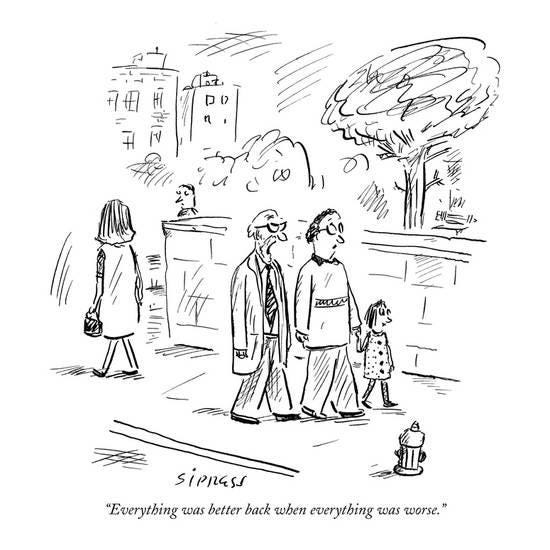There are only two ways to look at the world: One is that nothing matters, the other is that everything does. Both are true.
On the one hand, you’ll quickly be forgotten after you’re gone. On the other, it’s impossible to know how your actions will add up. In the end, they might make a huge difference for the world.
Which of these world views you choose to focus on is up to you, but only one affords you with a real chance to find meaning and happiness. I’d choose optimism any time.
But there’s a catch: If everything matters, you can never weasel out of responsibility. Ever.
Consequences have consequences. Everything you do is a domino, kicking off a long chain of infinitely perpetuating events — and so how you do even the smallest of things will determine how that sequence unfolds. In other words:
How you do anything is how you do everything.
There’s a new study room at my school. One of the doors is heavy. It takes a proper grip to shut. I’ve watched dozens of people enter and leave that room — and I’ve yet to see a single one after which it won’t swing wide open.
It’s as if an entire generation was never taught how to manually close a door with care. With care. That’s the point. How you do anything is how you do everything.
The only way to write a book is to start with one page, one paragraph, one sentence. The only way to make a million is to make a dollar. And the only way to be loved is to start to be loving.
Life is big, but it consists of many small moments. The only way to do great things is to chain together those moments into one, brilliant, shiny sequence. Keep tipping the dominos.
It makes no sense to do the small things wrong just because they’re small. Especially if the opposite leads to greatness. How you do anything is how you do everything.
So close the door. Do it right. And remember that everything matters.










